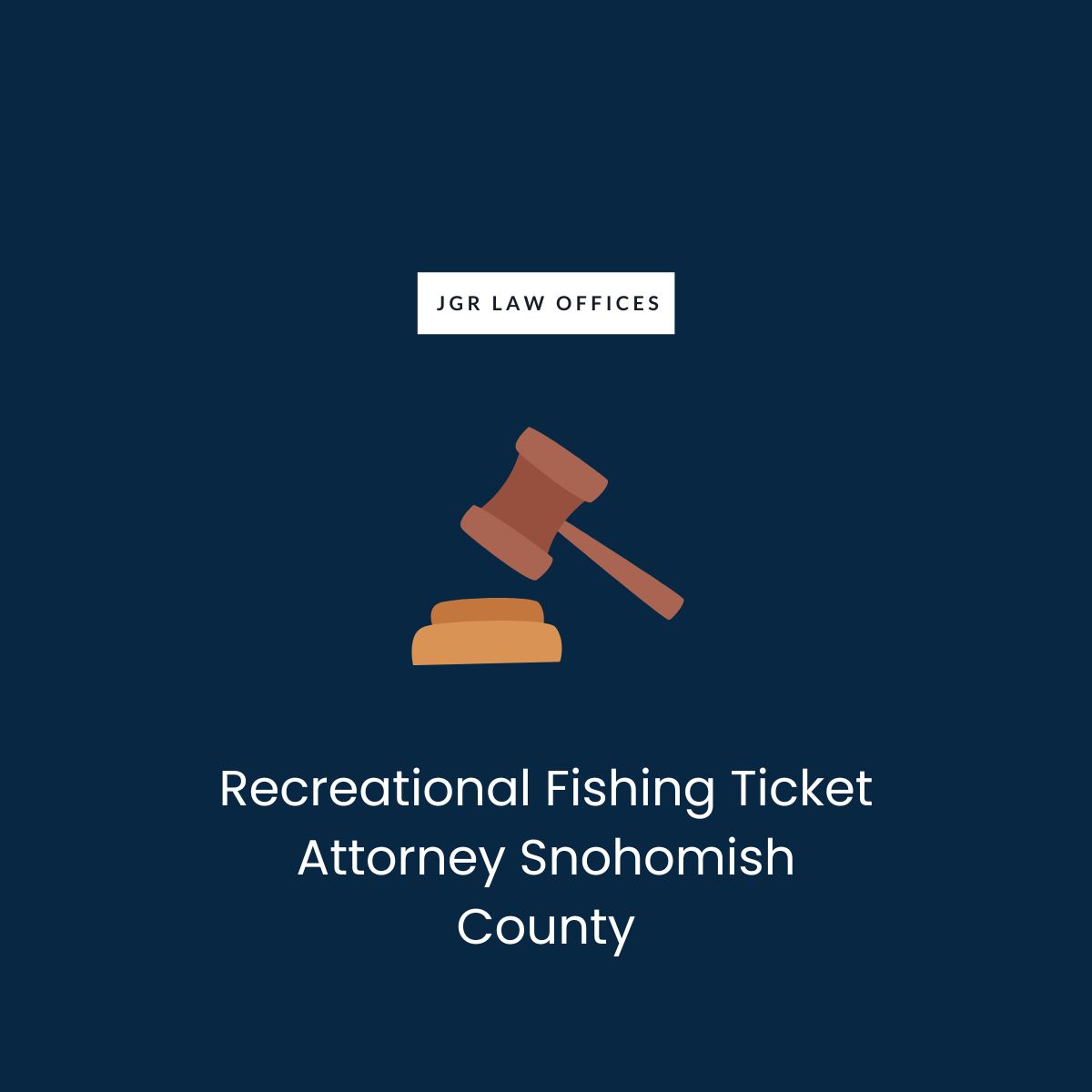Find out more about the guardianship procedure:
What is the difference between guardianship and adoption?Guardianship is a transitory legal arrangement in which an adult who is not the kid’s parent cares for the youngster. Parents who agree to guardianship do not have to relinquish all parental rights. The child’s legal parents are typically the ones who have to pay the child’s maintenance and may usually terminate the guardianship at any moment.Adoptions, unlike guardianship, are final and permanently terminate a parent’s rights and responsibilities to a child.
After the adoption is finalized, the child’s biological parents usually have no right to visit and are under no duty to provide financial support for the kid. Unsurprisingly, the procedure of adopting a child is much more complex than that of establishing a guardianship and far more difficult to reverse.What exactly does a tutor do?In general, guardians act as parents for children who do not belong to them. However, if a kid has substantial medical requirements or financial assets, the child’s parent may serve as guardian of the child or the child’s estate.In most instances, a guardian’s duties include the child’s day-to-day care and requirements, such as food, clothes, housing, education, and medical treatment. Guardians of a child’s estate handle the kid’s money and are in charge of safeguarding the child’s property until the youngster reaches the age of 18.
When does a guardianship come to an end?Guardianship may be terminated via a guardianship contract or an order, or it can be terminated automatically when specific circumstances occur. A guardianship order, for example, may specify a one-year term for guardianship. The guardianship would automatically terminate at the end of the year in this instance.
Most guardianships are left indefinitely and continue until one of the following situations occurs:When a guardian seeks freedom from guardianship, for example, a court appoints a new guardian. In certain instances, when a guardian has misused the kid’s possessions or allowed or committed abuse, a court may remove a guardian for good cause, assuming that the guardianship is no longer in the best interests of the child.
What exactly is an ad litem tutor?Guardians ad litem (GALs) are someone appointed by a court to assess a child’s best interests, such as in a custody dispute. Ad litem guardians, unlike the other types of legal guardianship described above, are not appointed to care after a child’s day-to-day needs. Instead, the ad litem guardian represents the kid in custody hearings. A court may appoint a LAG to evaluate the best parenting arrangement for the child’s interests in the case of divorce, parental leave, or adoption.Do I require guardianship if I have a kid who is not my own?No, not always. If your child’s friend or relative stays with you for a few days or weeks, you generally don’t require formal guardianship.
However, difficulties may emerge if a kid stays with you for an extended period of time, if the child has a developmental condition, or if the child has severe medical requirements.Longer stays are more likely to put you in circumstances where you need to visit a doctor, such as: B. a teeth cleaning or a medical checkup. If you are not the kid’s guardian, it may be difficult to get essential medical treatment or enroll the youngster in school. Before permitting another kid to live with you, it is critical to evaluate the child’s requirements as well as your position in the child’s life.Is it true that parents may need guardianship of their own children?
In certain circumstances, parents may be required to establish guardianship over their children’s possessions. Underage children often do not contribute to a family’s finances and have little resources. When a kid gets a substantial financial gift, a parent may be required to assume control of the child’s inheritance.
These forms of guardianship enable a parent to handle and safeguard a kid’s funds until the youngster reaches the age of 18. In most instances, guardianship terminates automatically when the kid reaches the age of majority.
Some state legislators have acknowledged the drawbacks of establishing a guardianship over a child’s financial assets. In these states, parents are not obliged to file for estate guardianship until the child’s bequest surpasses $10,000.
If you have any more concerns regarding guardianship after reading this information, please contact a family law attorney in your area.
